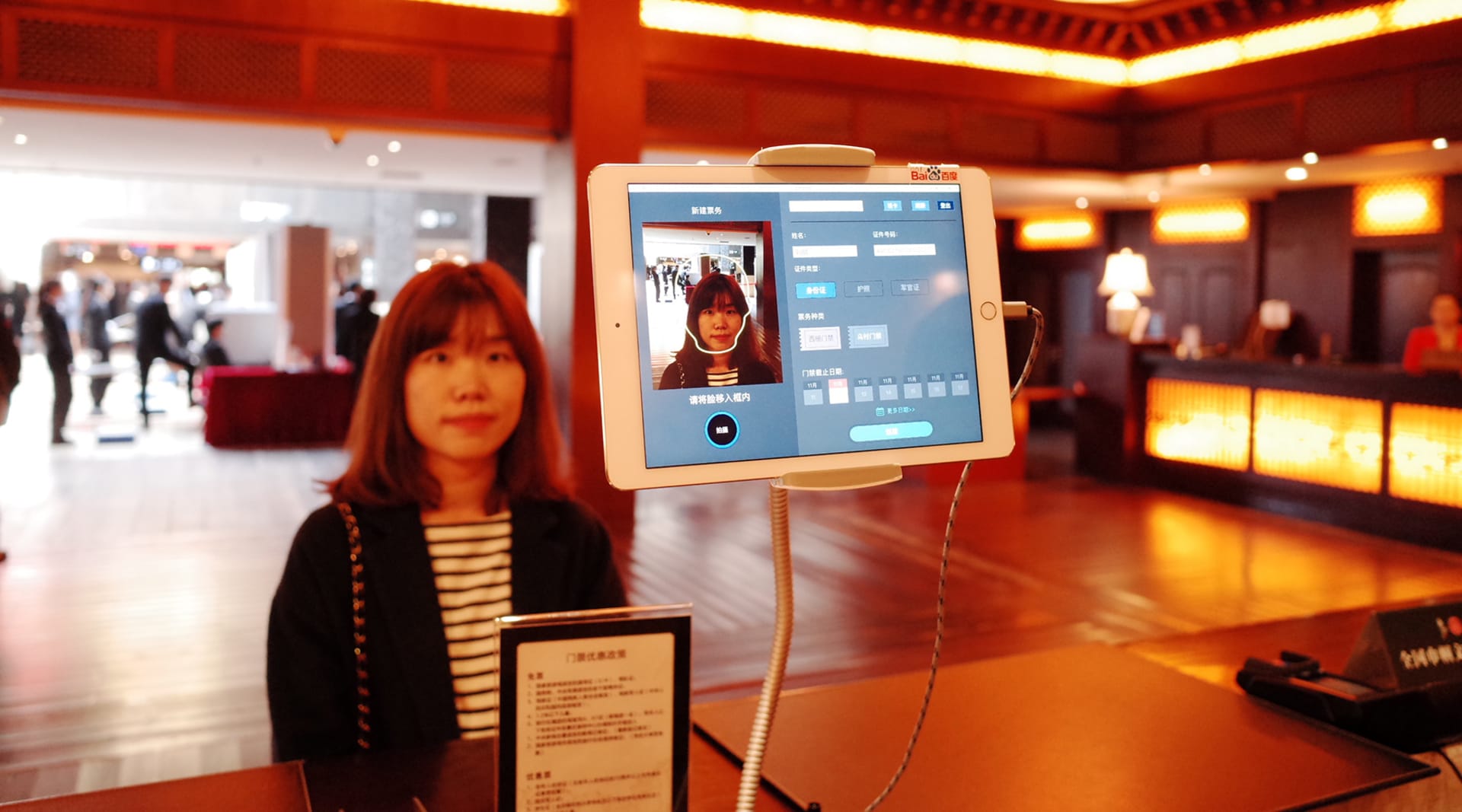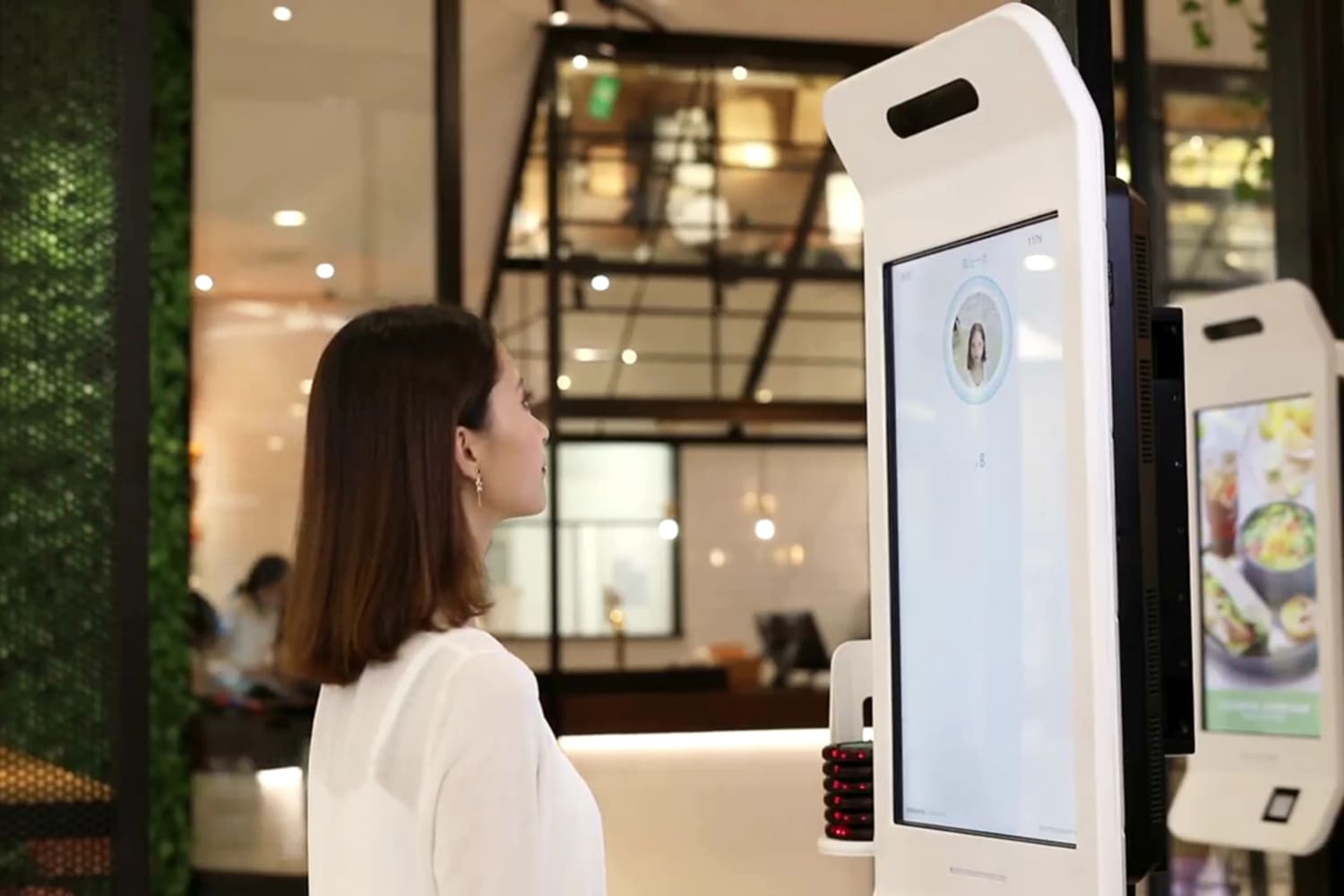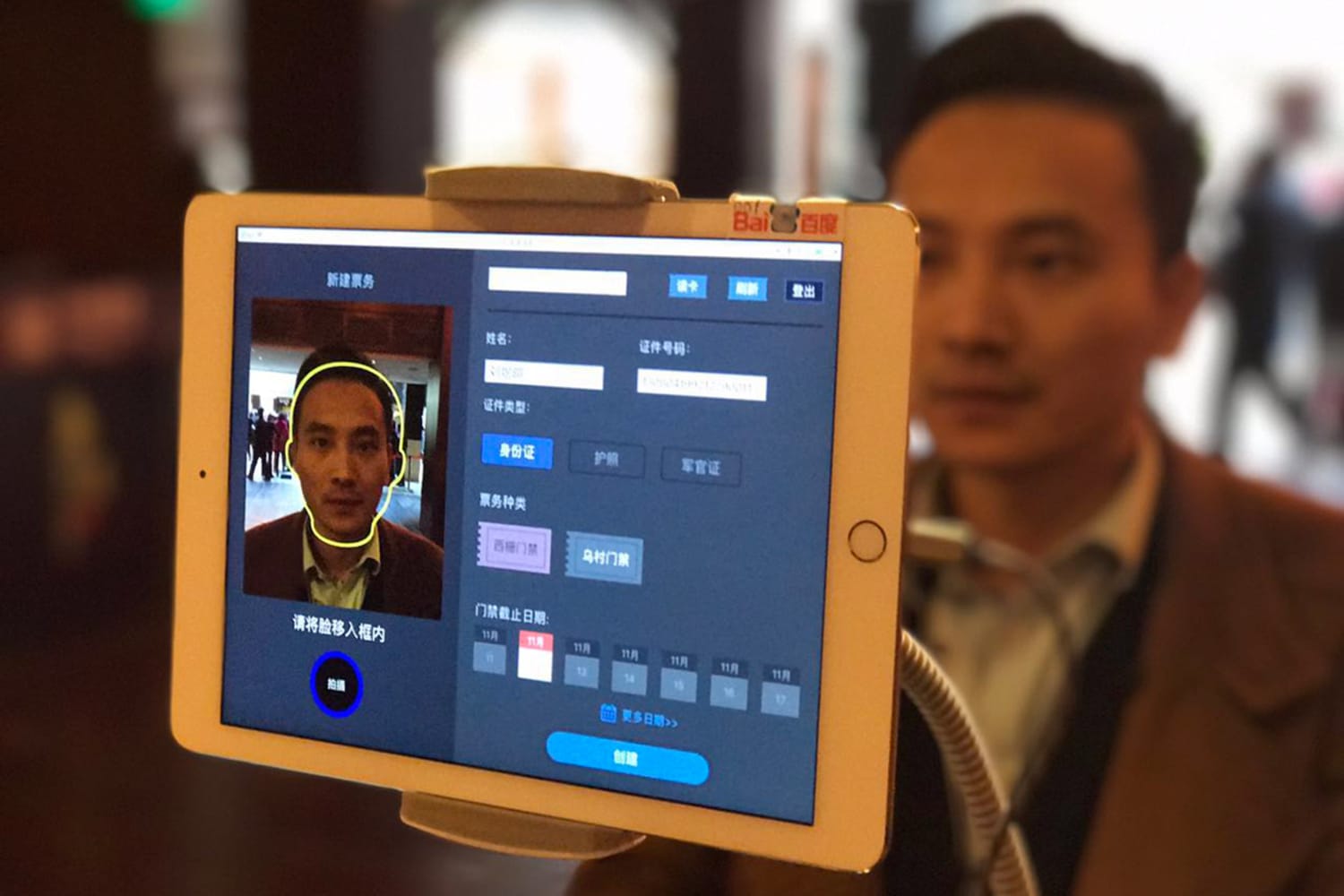Touted by retailers, hoteliers, and even schools as a mechanism for customer service and convenience, facial recognition technology is rapidly expanding beyond surveillance and security to become a powerful optimization tool for brands. Yet, its future teeters on a tidal wave of pushback from consumers and advocacy groups concerned about the ethics of the technology. As the market for facial recognition software alone is predicted to reach $9 billion by 2022, according to Market Research Future, a recent poll by the Pew Research center suggested only one-third of Americans trust technology companies to use facial recognition responsibly.
Facial recognition companies have been licensing out their software for a broad range of applications. While Apple most notably has used it for its “Face ID” system for unlocking the iPhone X and making payments as early as 2017, an AI startup in Texas called Waldo, launched in 2016 to employ the technology at schools and summer camps. Waldo’s facial recognition service collects snapshots of children during events and activities, which they send to the parents as a yearbook alternative.
Retailers in the U. S. have been using facial recognition software to track consumer behavior. One mall in California set up cameras operated by Las Vegas-based Remark Holdings Inc to track shoppers’ movements throughout stores and gather information that would ultimately be used to “make the shopping experience better for customers,” while Remark Holdings’ other retail clients use the data to craft loyalty programs. California-based fashion brand Ruti uses biometric data garnered from cameras in their stores to immediately inform customer service decisions—“The technology automatically pulls five to six items from the most recent collection, with pictures of those items, and shares recommended sizes for the sales associate to pull to help ensure the customer will have an easy try-on experience in the dressing room,” wrote Katie Richards for Glossy.







